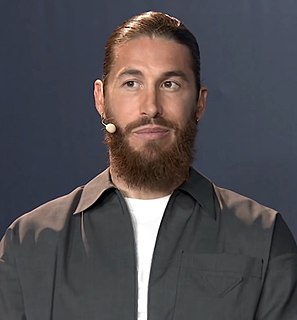A Quote by Diego Simeone
I do not listen to criticism or flattery, one weakens you and the other angers you.
Related Quotes
Anything that is secret and mysterious in this system of Yoga should be at once rejected. The best guide in life is strength. In spirituality, as in all other matters, discard everything that weakens you. Have nothing to do with it. Mystery-mongering weakens the human brain. It has well-nigh destroyed Yoga, one of the grandest of sciences
Though Israel may often be deserving of criticism, what is missing is the comparable criticism of equal or greater violations by other countries and other groups. This constant, often legitimate criticism of Israel for every one of its deviations, when coupled with the absence of legitimate criticism of others, creates the impression currently prevalent on university campuses and in the press that Israel is among the worst human rights violators in the world....it is not true, but if it is repeated often enough, it takes on a reality of its own.
If I care to listen to every criticism, let alone act on them, then this shop may as well be closed for all other businesses. I have learned to do my best, and if the end result is good then I do not care for any criticism, but if the end result is not good, then even the praise of ten angels would not make the difference.
There is nothing in the world more difficult than candor, and nothing easier than flattery. If there is a hundredth of a fraction of a false note to candor, it immediately produces dissonance, and as a result, exposure. But in flattery, even if everything is false down to the last note, it is still pleasant, and people will listen not without pleasure; with coarse pleasure, perhaps, but pleasure nevertheless.


































